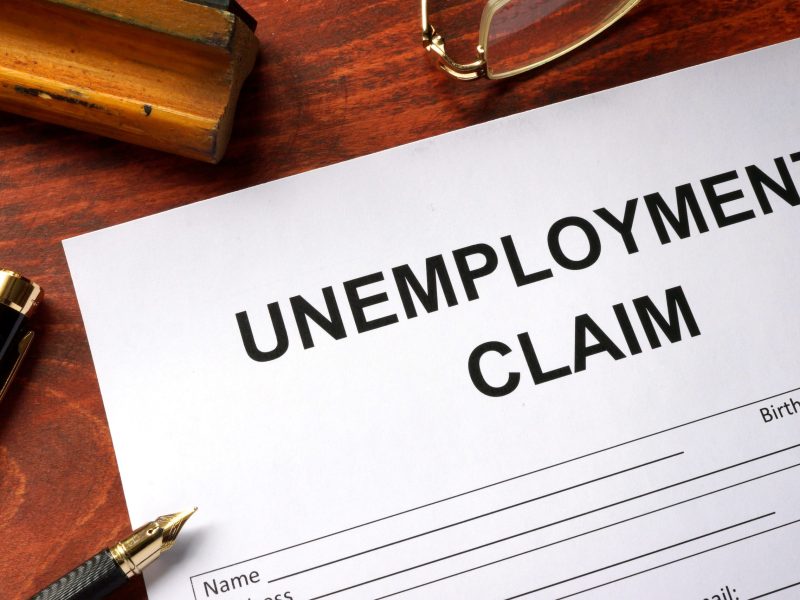Fraudsters tend to exploit those who are most vulnerable. The nation as a whole is at risk due to the coronavirus pandemic and has become a victim of fraudsters seeking to take advantage of the situation for their own financial gain.
The Inspector General of the U.S. Department of Labor (DOL), Scott S. Dahl, recently testified before the U.S. Senate Committee on Finance about the increase in fraudulent payments being made through the Unemployment Insurance program due to the newly implemented coronavirus relief programs.
While these programs are meant to aid those financially suffering due to the pandemic, the Government Accountability Office (GAO) has worked to identify extensive examples of waste and fraud due to exploitation of these programs by fraudsters.
Last year ten percent, or approximately $3 billion, in improper unemployment insurance payments were made out of the $27 billion distributed. This year an estimated $26 billion in improper payments are expected to be made.
The drastic increase in fraudulent payments are a result of the new UI programs created to provide financial relief to those impacted by COVID-19. (Sometimes good intentions come back to bite you in the behind.)
The Foundation for Government Accountability released new research stating the causes for the majority of unemployment insurance fraud in recent months. This includes individuals who would rather collect unemployment than return to work, payments to ineligible people such as those who are still employed, and fraudsters using stolen identities to file for and collect unemployment. (Fraudsters really aren’t helping with combatting the stereotypical image of ‘lazy Americans’.)
The $600 weekly unemployment bonus created by the CARES Act has served as a financial lifeboat for those severely affected by the pandemic. Unfortunately, it has also created a golden opportunity for fraudsters looking to fraudulently collect money at the expense of the government. (They want this ‘golden’ opportunity to turn into cold hard ‘green’ cash in their bank accounts.)
The expiration of the unemployment insurance bonus, which occurred at the end of July, is expected to lead to a reduction in fraud cases and encourage those who are able to return to work. (Fraudsters are ruining the ability of those legitimately in need to continue to receive aid.)
The GAO has also identified overlaps between those receiving unemployment insurance and those who are receiving emergency funding through the Paycheck Protection Program. There currently is not a method that can examine information in real time to ensure that those who are receiving wages through PPP loans aren’t also receiving unemployment payments.
The National Center for Disaster Fraud, U.S. Attorneys’ Offices, and law enforcement partners across the country are working with the GAO to identify fraud related to the coronavirus pandemic. This includes the GAO providing fraud training to law enforcement partners nationwide.
Coronavirus-related fraud should be reported to the National Center for Disaster Fraud Hotline at 866-720-5721 or via email at disaster@leo.gov.
Today’s Fraud of the Day comes from an article, “U.S. Department of Labor: CARES Act funding includes $26 billion in improper unemployment payments,” published by the Galion Inquirer on July 28, 2020.
(The Center Square) — In testimony given before the U.S. Senate Committee on Finance, Scott S. Dahl, Inspector General of the U.S. Department of Labor (DOL), said an estimated $26 billion in improper payments made through the Unemployment Insurance (UI) program is expected to be made because of three new UI programs created by coronavirus relief bills.
According to a report published by the Government Accountability Office (GAO), the newly adopted UI programs are already suffering from fraud. The GAO analyzed how much the federal government has spent in the last two months through coronavirus relief bills enacted by Congress. The GAO identified examples of waste and fraud, and areas in need of immediate correction.




